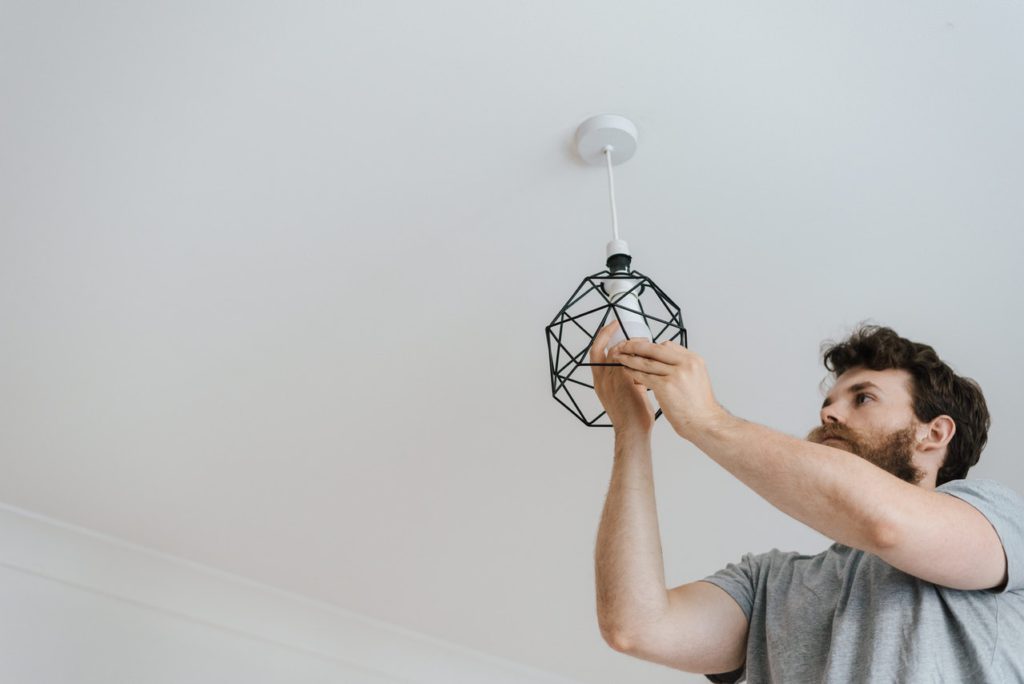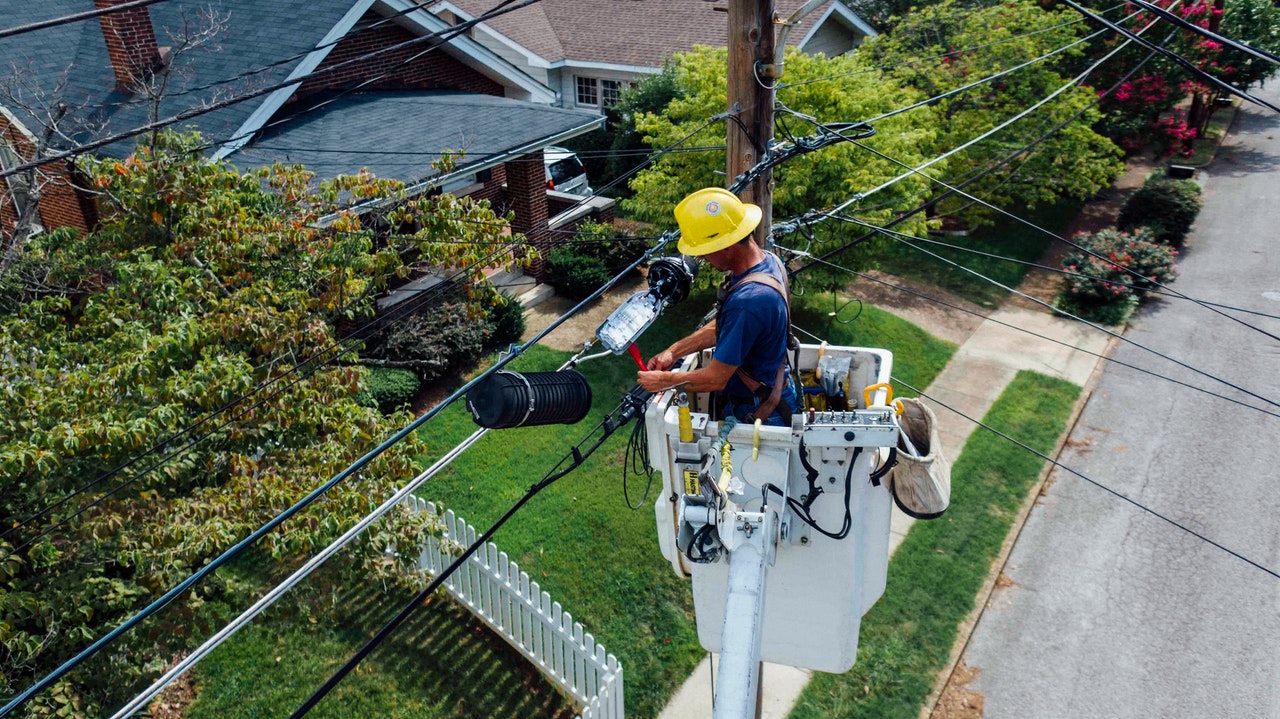The qualifications and experience required to provide commercial electrical services means that an electrician can confidently run any home business. While your home electrician may be able to handle some commercial electrical work, he may not be able to handle more complex jobs.
Although a commercial electrician and a residential electrician have one thing in common, namely that they deal with home or building wiring and other electrical components, they differ somewhat in their areas of expertise. Industrial electricians work on more complex, sensitive, and expensive equipment in an industrial setting, while commercial electricians such as electricians st Kilda, do not work on such equipment and operate simpler equipment to ensure that electrical wiring and building components function optimally.
Industrial electrical contractors work in a corporate environment like commercial contractors, with a particular focus on non-residential premises, but their duties are different from those of a commercial electrician. When it comes to commercial and industrial electrical contractors, commercial electricians work primarily in non-residential locations that are open to the public. While home electricians such as electricians Brighton east, are limited to a limited set of properties, commercial electricians can work in a wider range and can perform tasks that their counterparts cannot handle.

Commercial power companies have large teams of qualified electricians to manage commercial projects, enabling them to better handle large commercial projects. Despite being highly qualified in their field, home electricians may not always have the qualifications or skills required to perform commercial design work. Only licensed electricians can perform more complex tasks commercially.
Industrial electricians are highly trained professionals with extensive experience installing, maintaining, testing, and repairing electrical equipment and systems, especially in special environments such as factories, factories, and manufacturing plants. Both commercial and residential electricians perform electrical wiring in new buildings, installations, general electrical services, and emergency electrical repairs.
Whether working in a residential area (newly built, installed, or existing), a home electrician will focus on installing new, retrofitting, or repairing existing wiring and equipment to ensure safe and reliable indoor electrical distribution. Household electricians are hired to connect homes during the construction phase, repair and upgrade existing homes, and regularly maintain electrical equipment to keep homeowners safe. Household electricians work in domestic settings such as homes, homes, or individual units such as nursing homes, condominiums, and student residences, and not in common areas or commercial or industrial construction sites.
Household electricians may work for independent small businesses or residential and service providers such as local governments and building associations, homebuilders, nursing homes, electric utilities, and other companies that provide electrical services to the residential market.
A commercial electrician may supply electricity to equipment such as elevators or commercial kitchens through electrical distribution systems in commercial buildings such as offices. A commercial electrician manages larger systems in large buildings such as shopping malls, office buildings, restaurants, government buildings, etc. in virtually any non-residential building.
In electrical work, a commercial electrician is an electrician who masters the art of installing, designing, maintaining, commercial wiring, and repairing electrical installations in commercial locations such as shops, malls, markets, etc. They also serve the electrical needs of hotels, movie theaters, chain stores, arenas, banks, auditoriums, etc. that require special attention than domestic houses. A residential electrician is a person qualified to perform electrical work and licensed to enter residential buildings (such as homes, single-family homes, small offices) to perform wiring, wiring, inspection, maintenance, and repairs. An electrician can also be hired to maintain electrical systems in commercial, residential, and industrial properties, regularly inspecting wiring for safety issues or potential problems.
In addition to installation and inspection, local electricians can replace fuse boxes, switches, and sockets. Commercial electricians install and rewire, but they may also work on high voltage electrical systems, generators, special health and safety equipment, large appliances, and large heating and air conditioning installations.
The work environment can also be different for commercial electricians who work in various types of commercial buildings such as retail stores and malls, ensuring that electrical components and wiring are assembled correctly and efficiently using a variety of power tools.



